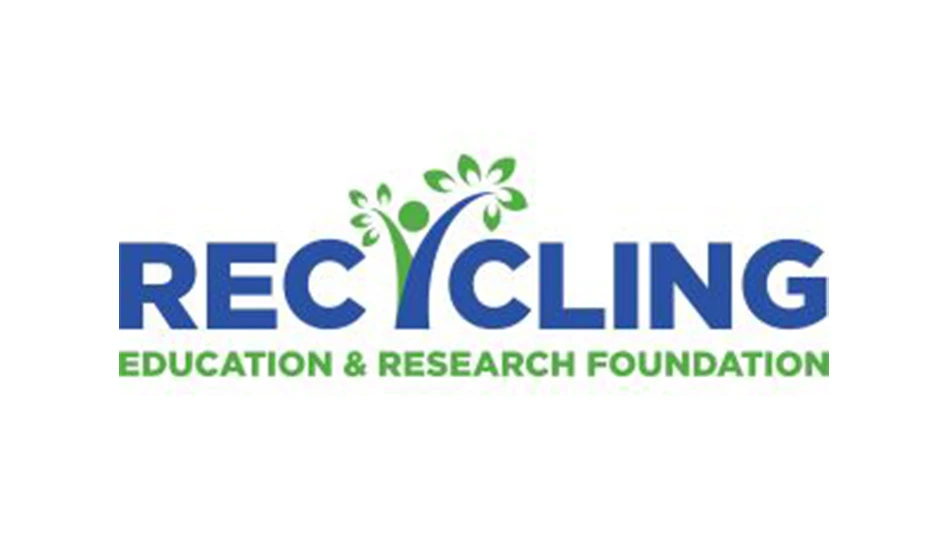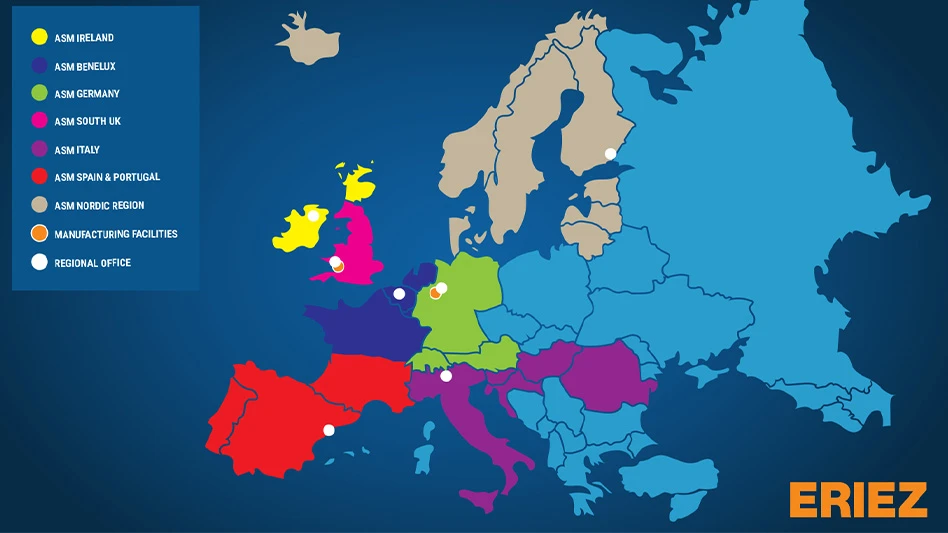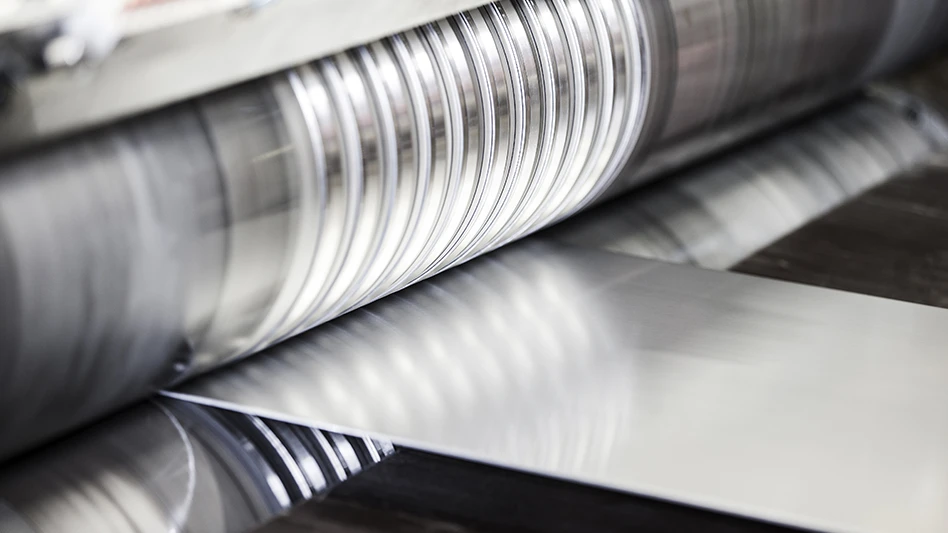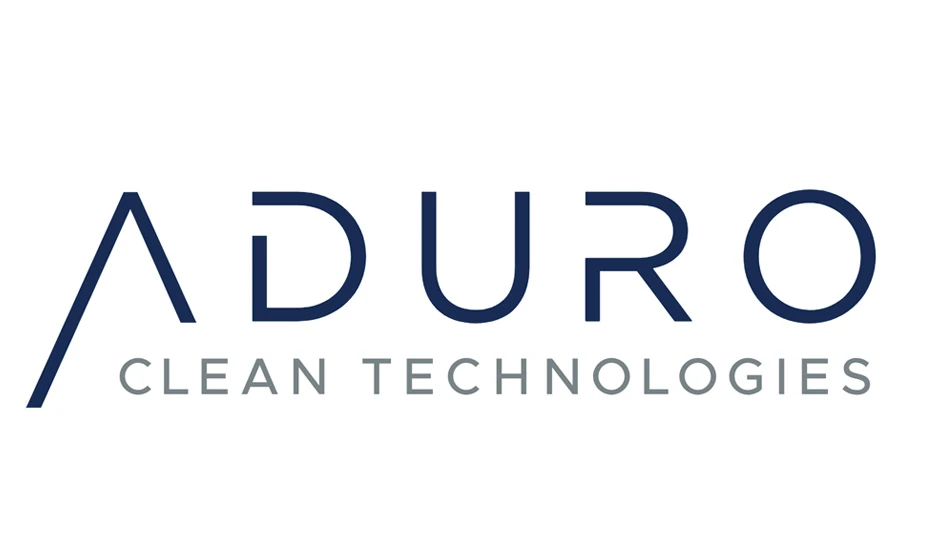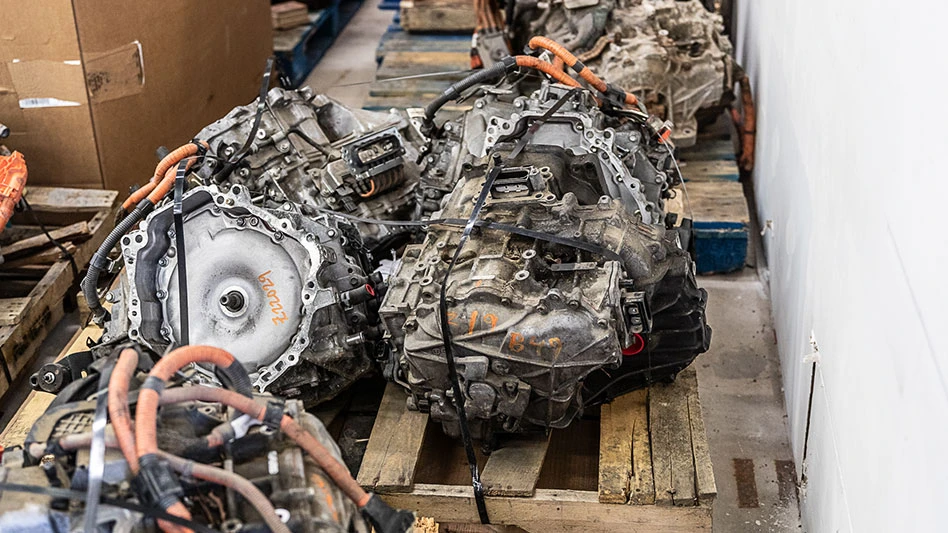
Photo courtesy of Altilium
Altilium, a United Kingdom-based lithium-ion battery recycler, has announced initial test results for its industrial scale assembly of electric vehicle (EV) battery cells manufactured with recycled materials at the UK Battery Industrialization Centre (UKBIC).
According to Altilium, electrochemical testing of the cells has demonstrated comparable performance with cells made from conventional primary materials, underscoring the potential of recycled cathodes as a viable alternative to mined metals. The company says the large-scale cell assembly trials also showed a high degree of equivalency in the manufacturability of Altilium’s EcoCathode material.
The pouch cells were manufactured at UKBIC’s facility in Coventry, England, using Altilium’s recycled EcoCathode NMC 811-2036 CAM, produced at its recycling facilities in Devon, England.
RELATED: Altilium produces EV battery cells using recycled materials
“These results mark a pivotal moment for battery circularity in the U.K.,” Altilium Chief Operating Officer and Co-founder Christian Marston says. “For the first time, we’ve demonstrated that battery-grade EV cells can be manufactured at scale using recycled materials with no compromise on quality or manufacturability. Our EcoCathode technology offers a viable, low-carbon alternative to mined materials and is now proven to work in real-world battery production. This is a major step toward a domestic, sustainable battery supply chain.”
Altilium says initial electrochemical testing of the cells produced at UKBIC has demonstrated that its EcoCathode materials have the potential to be reintegrated into battery production with less than 1 percent variation compared to a commercial benchmark across key performance metrics. The company reports its EcoCathode material attained a similar first cycle loss, impedance and initial cycling behavior when compared to the commercial benchmark material.
Cathode materials are critical components in lithium-ion batteries, and their performance is evaluated based on several metrics, including energy density, first cycle loss and cycle life.
Process testing at UKBIC also demonstrated high levels of equivalency between the typical unit operations used for the assembly of commercial batteries, according to Altilium. The EcoCathode material was shown to be processable under similar conditions across the manufacturing process, through mixing and coating formation and initial testing.
“We’re thrilled with the initial results of these tests,” says Richard LeCain, UKBIC’s chief technology officer. “This groundbreaking project marks the beginning of a journey that could reduce the U.K.’s dependence on imported materials and open up a new market for recycled batteries. We’re excited to continue collaborating with Altilium as they drive this innovative project forward.”
Altilium says the battery cells will now undergo comprehensive validation studies with an automotive original equipment manufacturer (OEM).
Under the European Union’s Battery Regulations, new EV batteries sold into the EU will need to contain minimum levels of recycled lithium, nickel and cobalt from 2031, with further increases in 2036.
Latest from Recycling Today
- CDRA Conference & Tradeshow 2026: Addressing battery fire risks
- Darda equipment now available in North America
- Struktol's ZB 47 and ZB 49 improve processability in rubber compounds
- Volatility wave hits copper pricing
- ArcelorMittal legal battle with Italy continues
- Altor program boosts EPS recycling
- IP to spin off non-North American operations
- Flexible Film Recycling Alliance report outlines progress
